How our techies in the army served

In our team, someone went to graduate school, someone to the military department, someone was not allowed to serve health or other circumstances. In short, served three.
What is interesting, all three instead of ordinary army tales and horror stories tell how the service helped them to pump IT and near-IT skills. The maker-up, for example, has learned to repair the technique. The system administrator has become stress-and fail-safe. And Junior realized that he wanted to do web development in life.
')
“You have the wrong polygons on the tanks”, or the fate of the maker-up
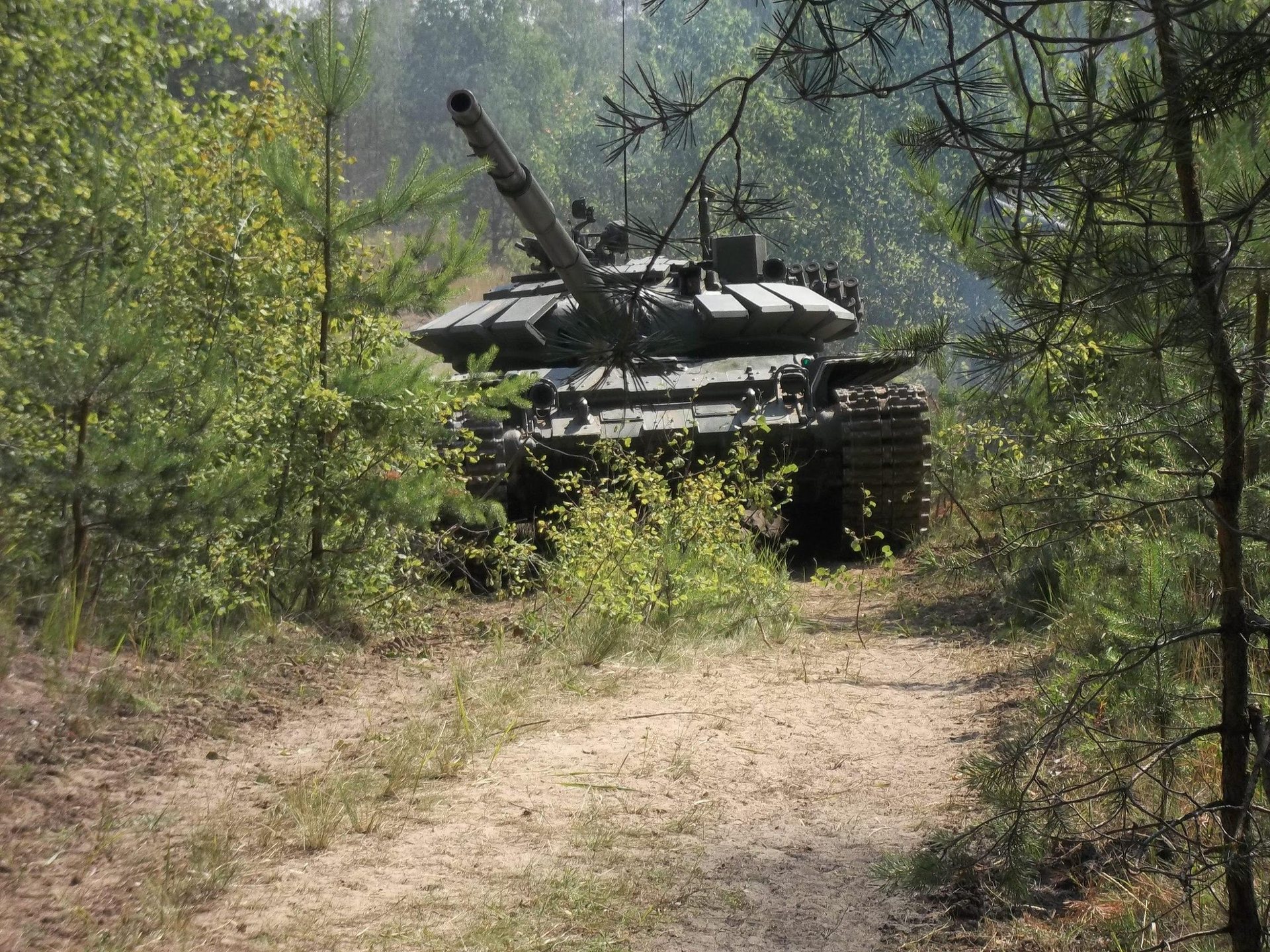
Visual aid, how to hide the piano in the bushes.
Zhora came to the military registration and enlistment office himself, when in the IT college he was not allowed to pass the diploma. He had already learned the layout, considered it his duty to serve, and did not want to lose a year after study.
For the rights to drive a truck and the excellent health of the guy determined to serve as a driver-mechanic tank. Classes at the site were a few days a week, and in breaks Zhora was a computer technician at headquarters.
“When I first got into the service, I thought that I knew the office and graphic software well. How wrong I was! In the army, all the work at the computer was carried out according to the principle “there is a task => do what you want, but do it” - that is, you had to deal with any repairs and any software from scratch and entry.
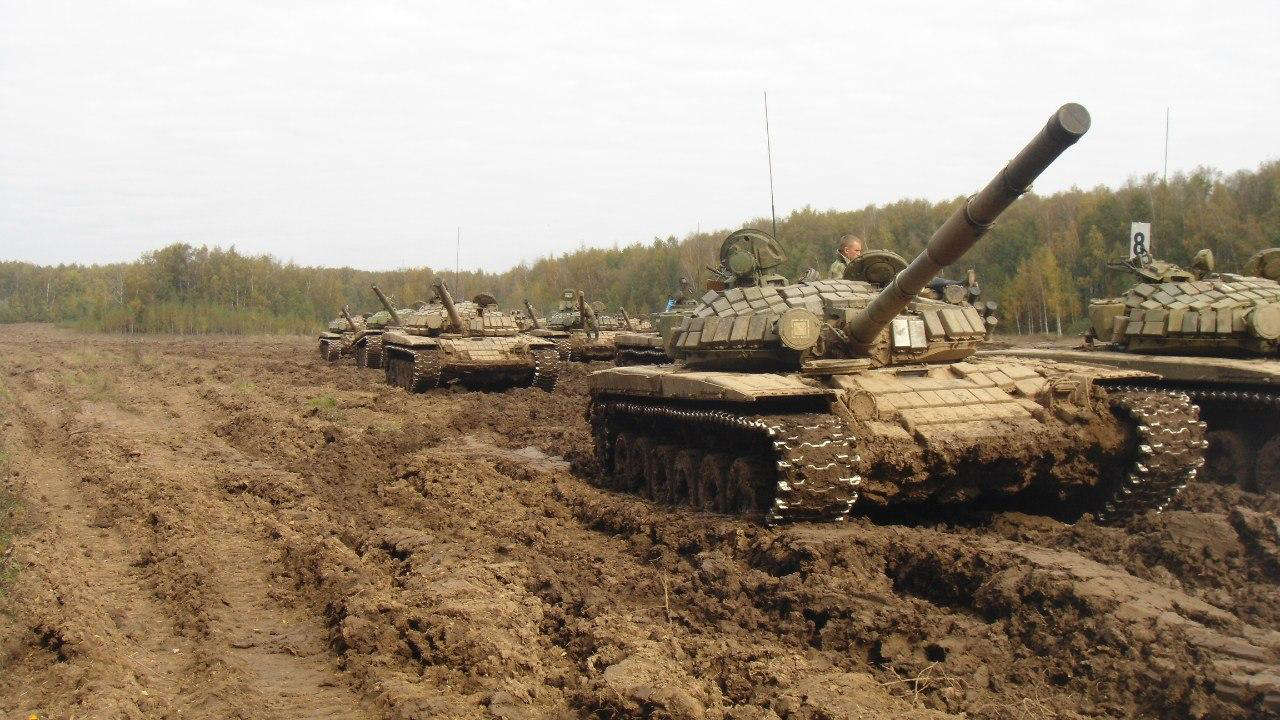
Zhorin's office was in the title picture, and this is the tankodrome where he spent the rest of the time.
The first six months were spent in the training part: there was a computer with a single-core processor (1.3 GHz), 512 MB of RAM and Windows XP.
“It would seem normal for office work. But the comp lagged unbearably. The problem came to light quickly: every six months a new person sat down at him and left his software garbage. Software cleaning, cleaning the registry on it is not carried out since the purchase. I sat down, figured it out and did everything. In mechanical terms, too, I had to tinker: the coolers were clogged with shreds of dust, the thermal grease has long dried up. ”
But in the warhead everything was right from the very beginning, because Zhora was working on his captain’s laptop.
“The company commander bought the equipment on his own, and I followed the laptop intently: both mechanically and programmatically. I even purchased a modem and went online to update the operating system and all software. ”
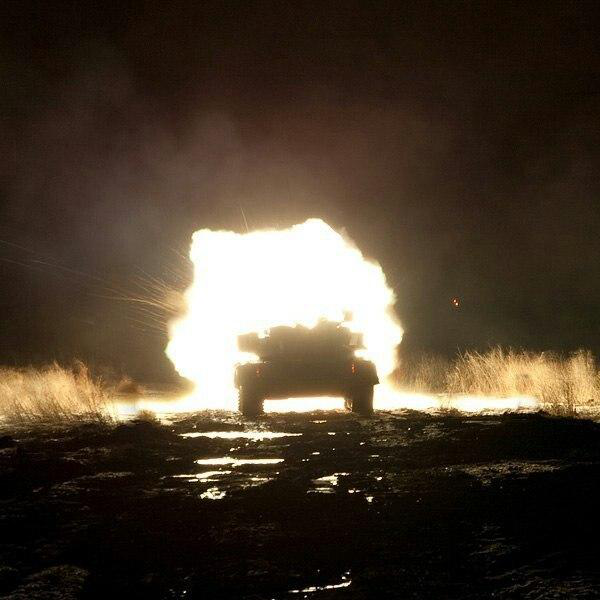
Zhorin tank shoots at night.
In general, for the year of service, Zhora simply enormously raised his level of work with software and hardware. And I also learned a lot about tanks: for example, in order for a cold car to go at -30, you need to warm it up for half an hour.
“The Motherland will not forget you, but only two hours to sleep”, or the formation of a sysadmin
Volodya joined the army, because in the daytime, instead of studying, he used the Internet for apartments, and in the evening he worked as an operator in a call center. As a result, the institute had to take an academy. Following the academy came the airfield:
“We got to the place of service in the winter, and somehow snow piled up so much that we were picked up at night - digging up lights on the runway. And the runway is five kilometers and 500 lanterns. ”

The flashlight itself is small, but you also need to clear the snow within a few meters from it.
“ At five in the morning, our ensign said: “ Comrades, soldiers, the Motherland will not forget you. It’s 2 hours until breakfast - well, you can sleep. ”
On the way to the barracks, Volodya decided: next you are either with a shovel or with pieces of paper. A month later, he worked in the battalion office work. So he had his own room with three computers. He stretched the local network between them.
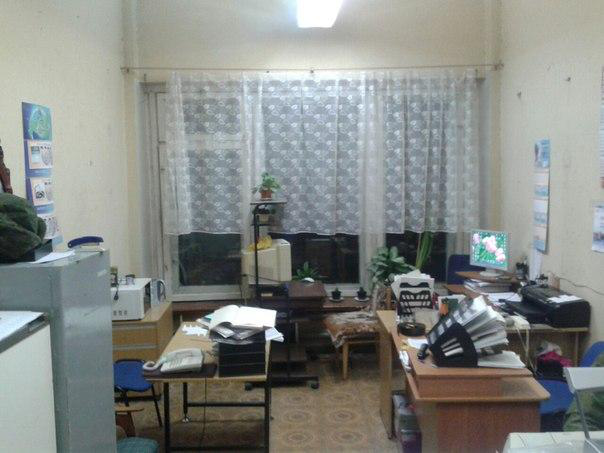
The cars themselves differed little from those that stood in the part of ory.
I still had to stay awake at night: for example, during exercises, when it was necessary to master the Visio editor for Windows from scratch in several hours and make a scheme for receiving signals from other military units in it.
Refill cartridges, install programs without flash drives and CD-roms (for security requirements) - all this happened too, at any time. This produced stress and resiliency, and at the same time brought bonus layoffs and iron for “their” cars.
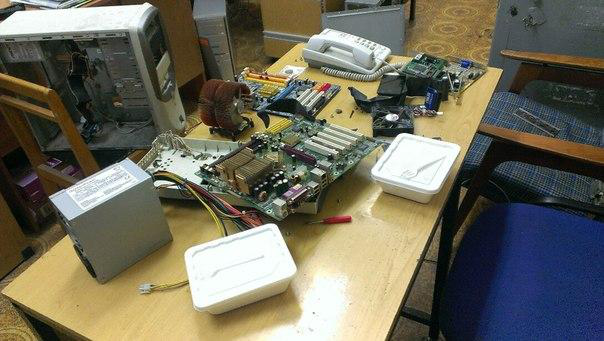
Sometimes, instead of dinner, Volodya stayed to upgrade his computer.
The experience of setting up computers, workplaces and office equipment came in handy in the civilian world. Returning and recovering at the evening, Volodya began to look for work as an assistant to the sysadmin. But we took him as a sysadmin immediately. Because sensible.
Rocket mine in Rostov or the choice of junior
Vadim graduated from IT college and managed to go to college, but the agenda was waiting and had to take "leave in the army."
He served practically in the center of his native city: on the territory of the artillery school there was a life-size rocket shaft, an exact copy of the control center, missile models.
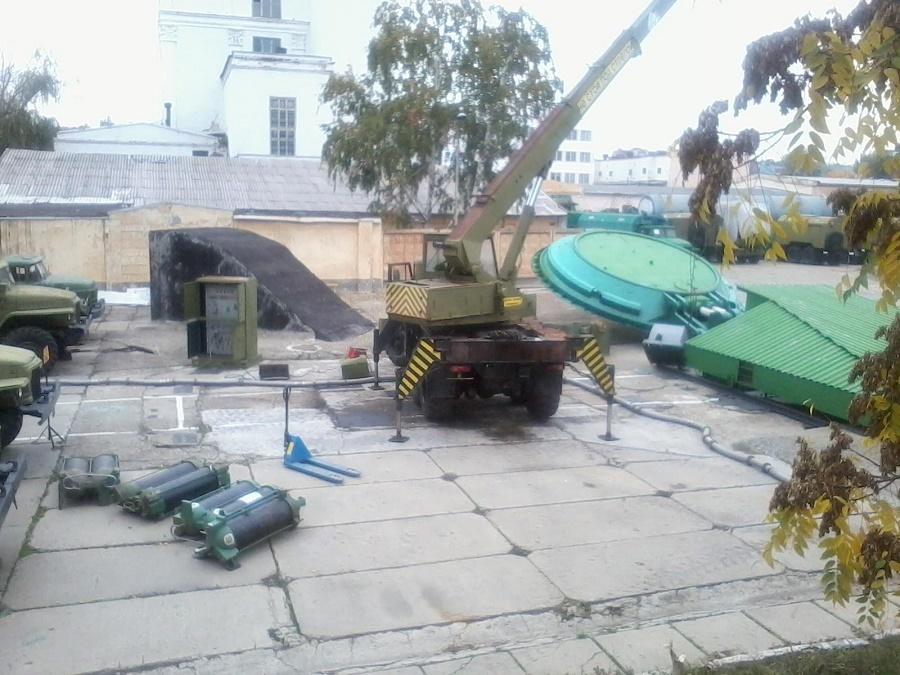
This is all Vadim wiped with a rag, tested and tuned, before cadet-rocket students were launched into the training module.
“I was taken mainly for physical work. But the officer somehow approached: “Geek, is he? We Call of Duty lays . ”
Since then, if something is set up, repaired, or done on a computer, they called. But it was rare. The fact that the IT guy was seriously remembered just before demobilization. They offered to stay under the contract in the department of internal security and state secret protection. “I thought why not. Stability, benefits, training ”.
It turned out that the candidacy will be considered for almost a year. Vadim returned home, waited and remembered learned in college C # and independently mastered JavaScript. In the end, the passion for web development won. Vadim went to an interview with us and forgot about the military career.
PS In general, the title of "computer scientist" and a craving for practical knowledge, they help out everywhere. How did you spend your time up to 27 years?
Source: https://habr.com/ru/post/277751/
All Articles